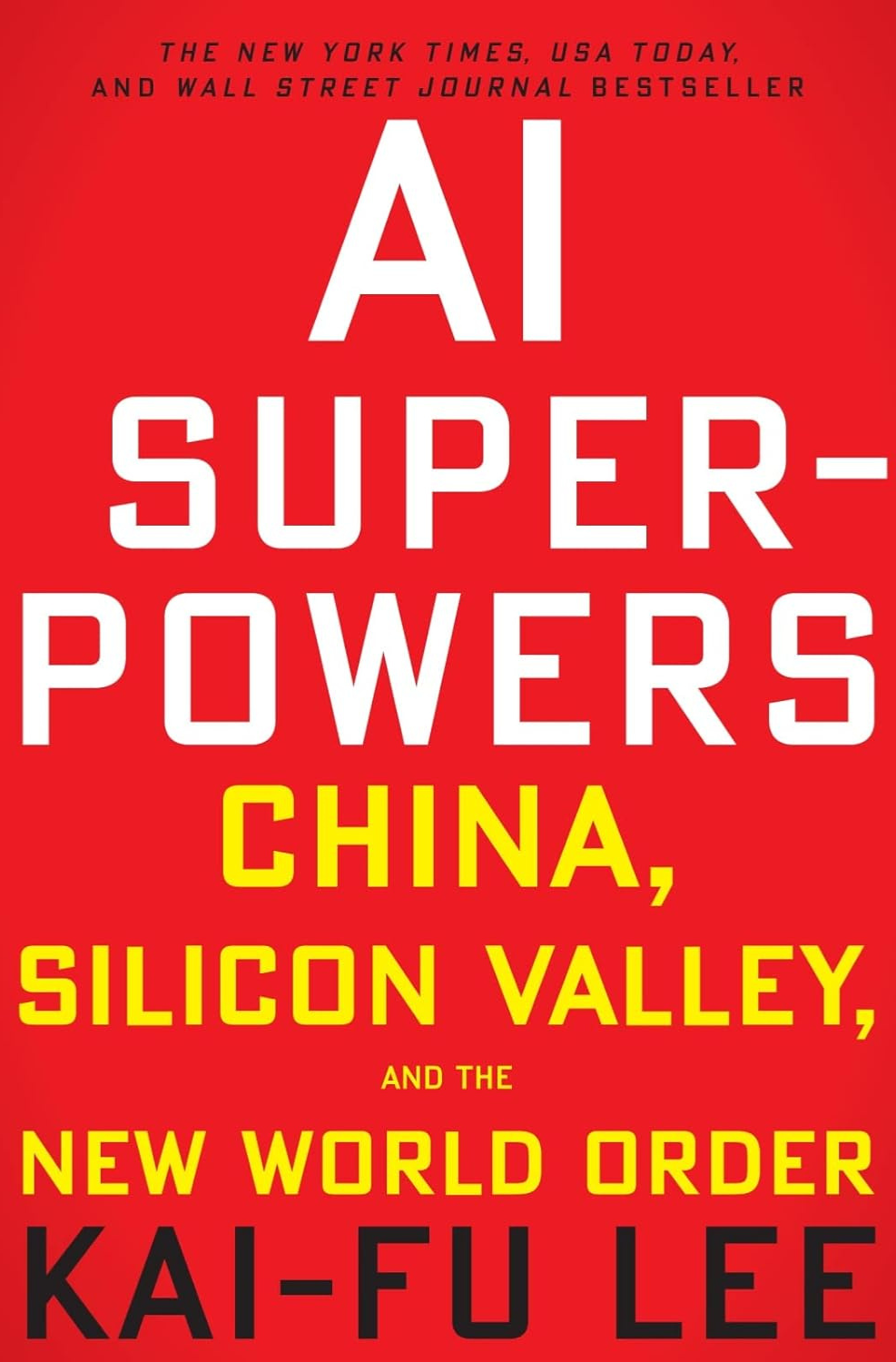AI Superpowers: China, Silicon Valley, and the New World Order by Kai-Fu Lee presents an analysis of the development and deployment of artificial intelligence in China and the United States. Drawing from his experience in both regions, Lee outlines the structural, cultural, and economic factors influencing AI progress in each country.
The book contrasts China’s application-driven growth in AI with the U.S.’s focus on foundational research and innovation.
Lee describes how China has leveraged a large population, significant data availability, and aggressive entrepreneurship to advance AI implementation across industries. He also details how American firms, particularly those in Silicon Valley, maintain a lead in basic research and algorithm development. The book provides examples of how AI is integrated into daily life and business in both economies, offering a comparative framework for understanding each nation’s strategic direction.
The latter part of the book explores AI’s anticipated effects on the labor market. It outlines potential disruptions to both blue-collar and white-collar employment, identifying which job categories are most susceptible to automation. Lee also categorizes jobs based on their potential to be replaced, enhanced, or left unaffected by AI technologies.
In closing, the book presents a range of responses under consideration by policymakers and business leaders, including retraining initiatives and social support measures.
It also addresses the broader societal shifts likely to accompany widespread AI adoption, such as changing definitions of productivity and value.








